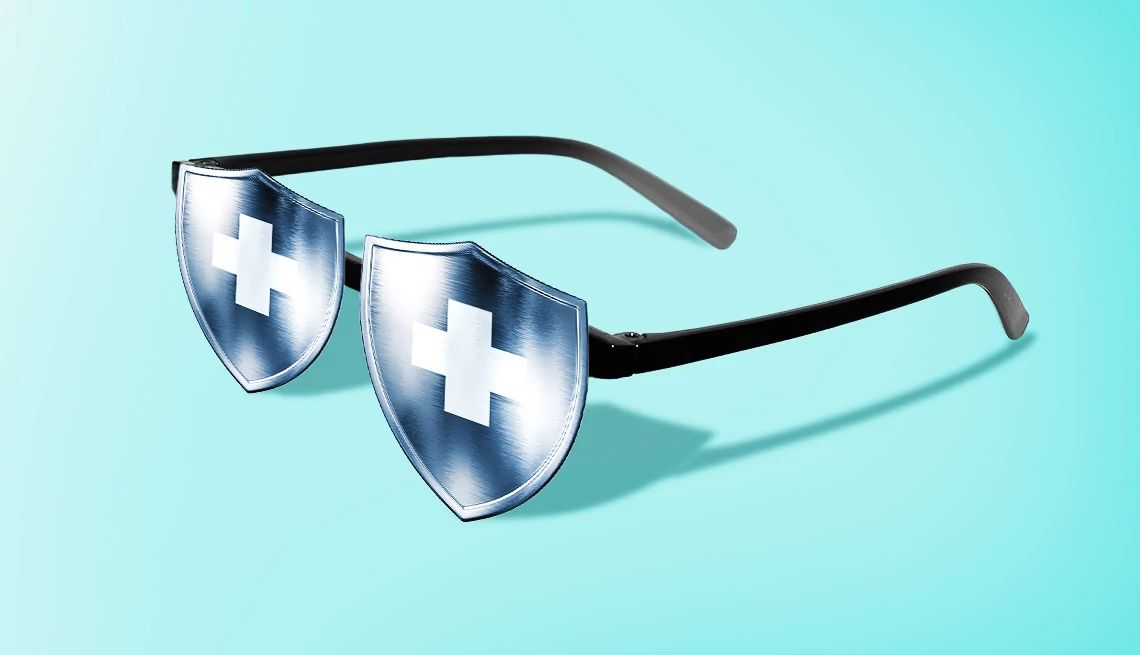
Smart guide to eye health | members only
- Select a language for the TTS:
- UK English Female
- UK English Male
- US English Female
- US English Male
- Australian Female
- Australian Male
- Language selected: (auto detect) - EN
Play all audios:

8. CRACK AN EGG Just like dark, leafy greens, eggs are a great source of UV-protecting lutein and zeaxanthin. A recent study even suggested that the moderate consumption of eggs (two to four
per week) could significantly decrease one’s risk of developing late-stage AMD. 9. NOSH ON NUTS Because they’re rich in the antioxidant vitamin E, nuts and seeds are good for your eyes,
helping to reduce the damage caused by unstable molecules known as free radicals. Almonds, hazelnuts, sunflower seeds and peanuts all offer a satisfying crunch that can easily replace
less-healthy snacks. 10. EAT THE MEDITERRANEAN WAY The Mediterranean diet, rich in plant-based foods, nuts, oils and fish, is probably the one that comes closest to addressing all our body’s
needs, according to experts. “It has to do overall with a balanced diet, receiving all those micronutrients you should be receiving, and avoiding any pro-inflammatory components in your
diet: fast foods, fried foods, etc.,” Gibbons says. Some studies even suggest that adopting this diet could help lower your risk of developing AMD. Getty Images FINE-TUNE YOUR HABITS 11.
MAKE TIME FOR CARDIO Your eyes depend on your heart to function well. Regular aerobic exercise helps prevent cardiovascular diseases and chronic conditions like obesity and diabetes, all of
which put you at a higher risk of vision loss. The CDC recommends that older adults get at least 150 minutes of moderate aerobic exercise — walking, swimming, cycling or even active
gardening — per week. 12. GIVE YOUR EYES REGULAR BREAKS When you read or sit in front of the computer for hours at a time, you can give yourself eyestrain. While the condition usually isn’t
dangerous, it can cause a lot of discomfort, including eye irritation, headaches and blurred vision. To prevent your eyes from getting too tired, the National Eye Institute recommends the
20/20/20 technique: Every 20 minutes, look 20 feet into the distance for 20 seconds. 13. WEAR YOUR SPECS (IF YOU NEED THEM) Between the ages of 40 and 50, it’s normal to develop presbyopia,
also known as age-related farsightedness. That’s what makes small type blur at close range and come into focus at arm’s length. Uncorrected presbyopia can lead to eyestrain and headaches.
For those with no other vision problems, over-the-counter reading glasses might resolve the issue. People who already wear glasses can consider bifocals, trifocals or progressive lenses. If
you’re on a computer all day for work, you might also ask your doc about computer glasses, which dedicate more space on the lens to intermediate distances. 14. ALWAYS REMOVE YOUR MAKEUP “You
have over 100 tiny glands along your lash line, believe it or not,” Haller says. Whenever you apply makeup, you run the risk of clogging these oil glands, making it more difficult for your
eyes to stay lubricated and putting yourself at risk for styes and other eye infections. The drier, flaking skin that comes with age can also contribute to blocked oil glands. Even if you
used to sleep in your mascara without issues, you should now be sure to take it off before bed. Haller also recommends applying warm compresses on your eyes every night. “That helps keep the
little glands along the lash line kind of steamed open and healthy,” she says. 15. TOSS EXPIRED BEAUTY PRODUCTS Though not all cosmetics are marked with expiration dates, they all go bad
eventually, collecting fungus and bacteria that can harm your eyes and lead to infections like conjunctivitis. Experts recommend throwing away mascara and eyeliner after three months of use.
Solid makeup like powder eye shadow can be kept for about a year, according to Matthew F. Gardiner, M.D., associate chief for clinical affairs in ophthalmology at Massachusetts Eye and Ear
and an associate professor at Harvard Medical School. You should also discard any products that haven’t been stored according to the instructions on the label or that you used on your eyes
while you had an infection, says Vlad Diaconita, M.D., an ophthalmologist and assistant professor at Columbia University.
